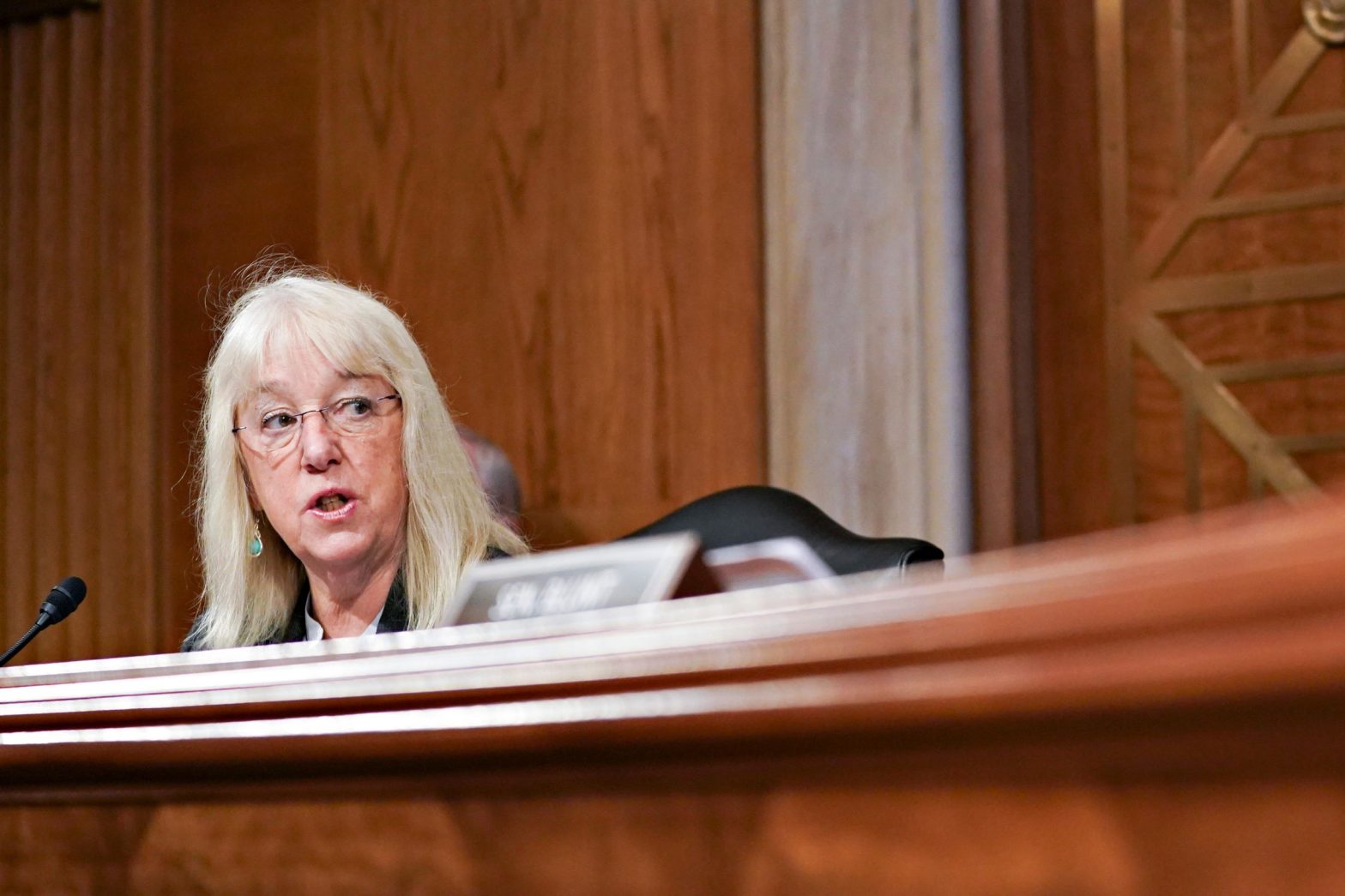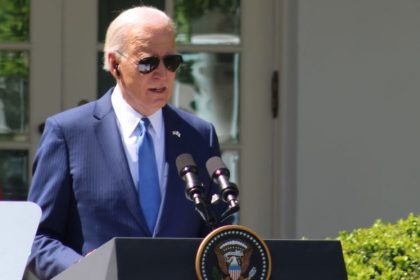Senate Looks at Biden’s 2022 Budget Request for the Department of Education

WASHINGTON- The Senate Appropriations subcommittee met Wednesday to examine President Biden’s Fiscal Year 2022 budget request for the Department of Education.
The $102.8 billion budget for the Department’s programs and activities is a $29.8 billion increase from the 2021 fiscal year budget and includes the American Jobs Plan and the American Families Plan.
The subcommittee discussed concerns with U.S. Secretary of Education Miguel Cardona over the 41% spending level increase, implementing free community college and delays in previous funding to states.
Subcommittee Chair Patty Murray, D-Wash., opened the hearing by commending the budget for its response to “long-standing inequities” made worse by the COVID-19 pandemic.
“I’m glad this budget takes the task of recognizing these inequities seriously with investments across a range of programs to help ensure all students can get a quality public education,” Murray said.
Referring to the $20 billion Equity Grant program intended to increase funding for Title I schools and help close the estimated $23 billion annual funding gap between majority White and majority non-White school districts, Murray said she hoped the increase will improve outcomes for all students.
The subcommittee also discussed the budget’s American Families Plan, which would provide free education for at least four years, including two free years of community college and work toward making college more affordable for low and middle-income students.
Sen. Roy Blunt, R-Mo., a former university president, said he was concerned over the plan’s proposal to make community college tuition free for all students, citing a problem with the idea of paying for the tuition of students who could already afford it.
He went on to say that he was concerned free community college for all students unfairly subsidizes higher-income students and creates an incentive for students to attend schools that may not be the best fit for them.
Cardona responded saying, the plan does not limit students but rather gives them more opportunity to attend secondary education.
“I’m a big proponent of providing options for students who want to pursue different careers or different educational institutions based on their choice, and I would be in support of exploring options to make sure that that’s accessible under this plan,” Cardona said.
The budget also includes $16 billion for Individuals with Disabilities Education Act grants that would support special education and other related services for roughly 7.6 million Pre-K-12 students. This is a $2.7 billion increase from the 2021 enacted fiscal year budget.
Sen. Jerry Moran, R-Kan., expressed approval over the budget increase for IDEA, noting that success in education depends on the United States’ ability to educate students who need the IDEA aspect of the public education system.
However, he questioned the budget’s proposal to invest $62 billion in new college retention and completion services under the American Families Plan when programs that help provide services to people from disadvantaged backgrounds are already in place.
Sen. Joe Manchin, D-W.Va., finished the round of questions for Cardona by discussing student debt and its relation to free community college.
“We do a horrible job of managing student debt but we’re talking about eliminating it before we have people responsible for it,” Machin said.
Cardona promised to be aggressive on student debt and to make sure the Department is working with and advocating for students on student debt.
“We need to focus on not only recovering from the pandemic but also look towards our students’ education after the pandemic to ensure there are improved resources to build our education system back better than before,” Cardona said. “This budget ensures all students have access to high-quality, affordable postsecondary education, while also improving career pathways for students of all ages and levels.”























